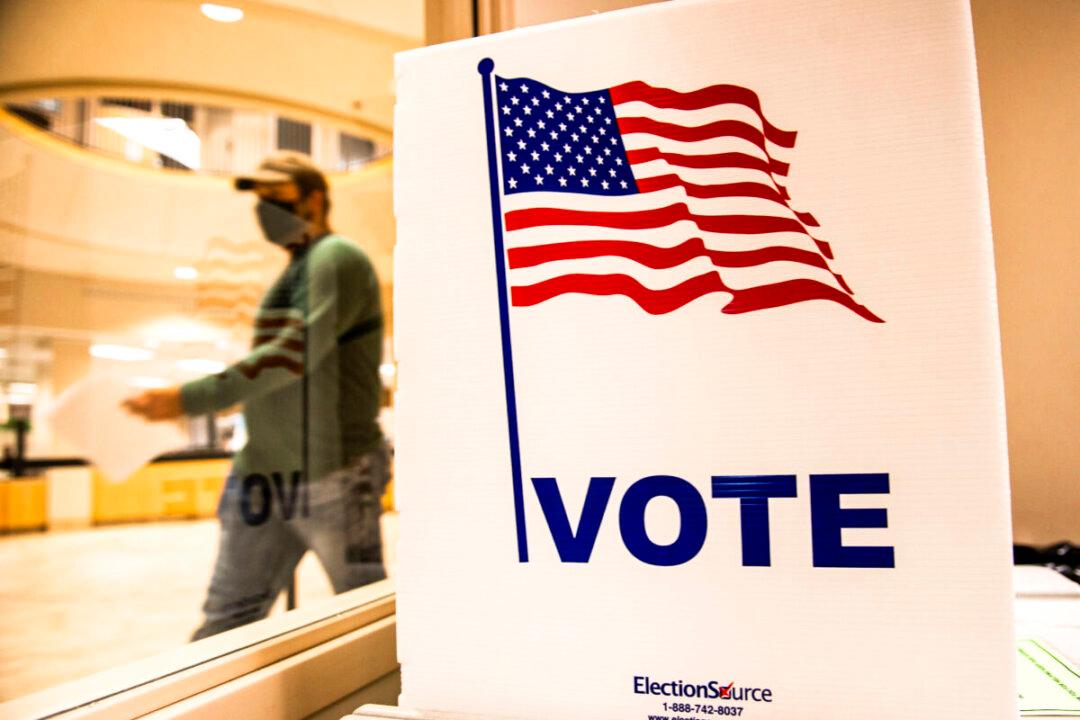At the urging of an election integrity group, a federal judge ordered Pennsylvania to hand over records showing the Pennsylvania Department of Transportation had allowed foreign nationals to register to vote for decades.
The order came the month after a federal court ruled that Illinois violated the National Voter Registration Act (NVRA) of 1993, when it refused to provide the same group access to the state’s voter roll, as The Epoch Times reported. NVRA provides that election officials must allow inspection of all records related to the maintenance of the voter rolls.





